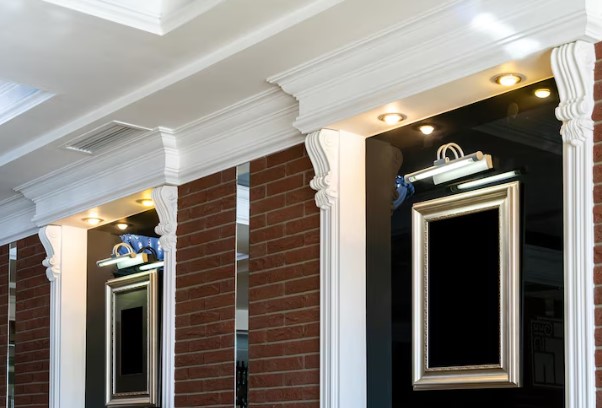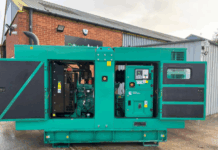Trim moulding is more than just a decorative accent; it’s a critical element that defines the character, style, and finished quality of any interior or exterior project.
From baseboards and crown moulding to casings and chair rails, these details can elevate a space from ordinary to extraordinary. However, the success of your project hinges not just on the design, but on the quality of the materials and the reliability of your supplier.
Choosing the right trim moulding supplier is a strategic decision that impacts aesthetics, durability, and ultimately, your project’s budget and timeline. This guide outlines key factors to consider to ensure you partner with a supplier that meets your needs and delivers exceptional results.
1. Material Selection and Quality
The type of material you choose when you Shop Trim Moulding will significantly influence its appearance, durability, and cost.
A quality supplier will offer a wide array of materials, including various wood species (such as pine, oak, maple, poplar), MDF (medium-density fiberboard), PVC, and even polyurethane.
Each material has distinct properties regarding paintability, stainability, resistance to moisture, and impact.
A good supplier will not only stock diverse options but also provide clear information on the characteristics, pros, and cons of each, helping you select the best material for your specific application and environmental conditions.
2. Profile Variety and Customization
Beyond material, the profile or shape of the moulding plays a crucial role in achieving your desired aesthetic. A comprehensive supplier will boast an extensive catalog of standard profiles, from traditional colonial and modern contemporary to intricate historical designs.
More importantly, for unique projects or restoration work, the ability to offer custom milling services is invaluable.
This ensures that you can match existing trim, create bespoke designs, or achieve a truly unique architectural detail that standard options cannot provide. Inquire about their capabilities for custom runs and the associated lead times.
3. Consistency and Quality Control
When working on any project, consistency in material quality, dimensions, and finish is paramount. A reputable trim moulding supplier will have robust quality control measures in place to ensure that every piece you receive meets exacting standards.
Inconsistent milling, warping, knots, or surface imperfections can lead to increased labor time for installation and a compromised final appearance.
Ask about their sourcing practices, manufacturing processes, and how they ensure uniformity across large orders. This consistency translates directly into a smoother installation and a superior finish.
4. Inventory and Lead Times
Project timelines are often tight, and delays due to material availability can be costly. Assess the supplier’s inventory levels and their ability to fulfill orders promptly. Do they stock popular profiles and materials, or are most items special order?
Understand their typical lead times for both standard products and any custom requests. A supplier with reliable inventory management and efficient logistics can save you significant time and prevent frustrating project slowdowns, ensuring that materials are on site when you need them.
5. Customer Service and Support
The quality of customer service can make a substantial difference in your experience. A good trim moulding supplier will have knowledgeable staff who can provide expert advice on material selection, profile matching, and quantities needed.
They should be responsive to inquiries, helpful with order placement, and proactive in communicating any potential issues. Strong customer support extends to addressing concerns, facilitating returns if necessary, and ensuring a smooth transaction from initial quote to final delivery.


